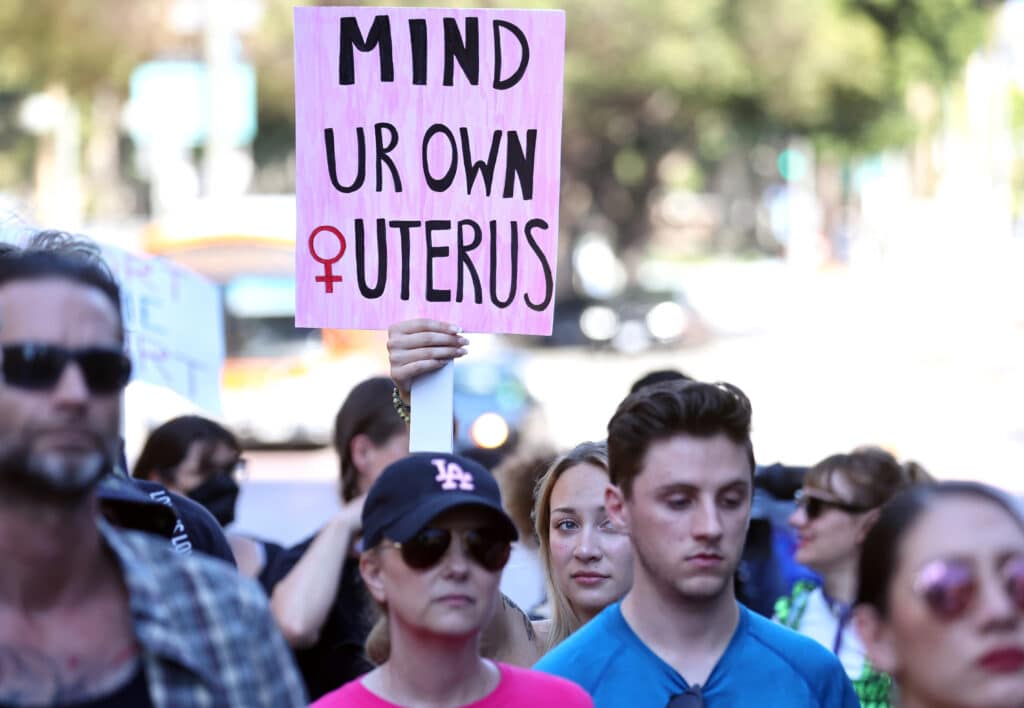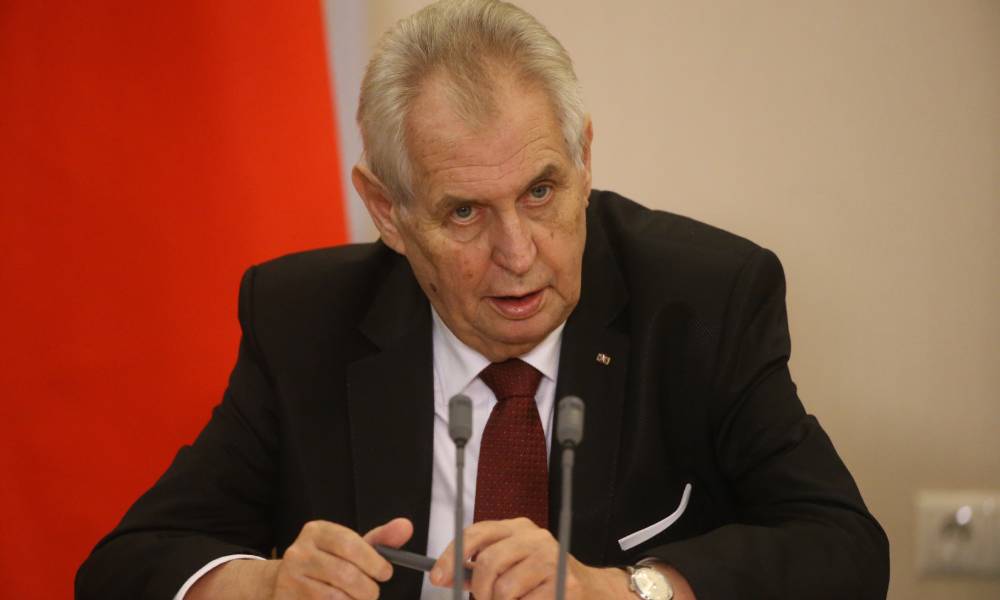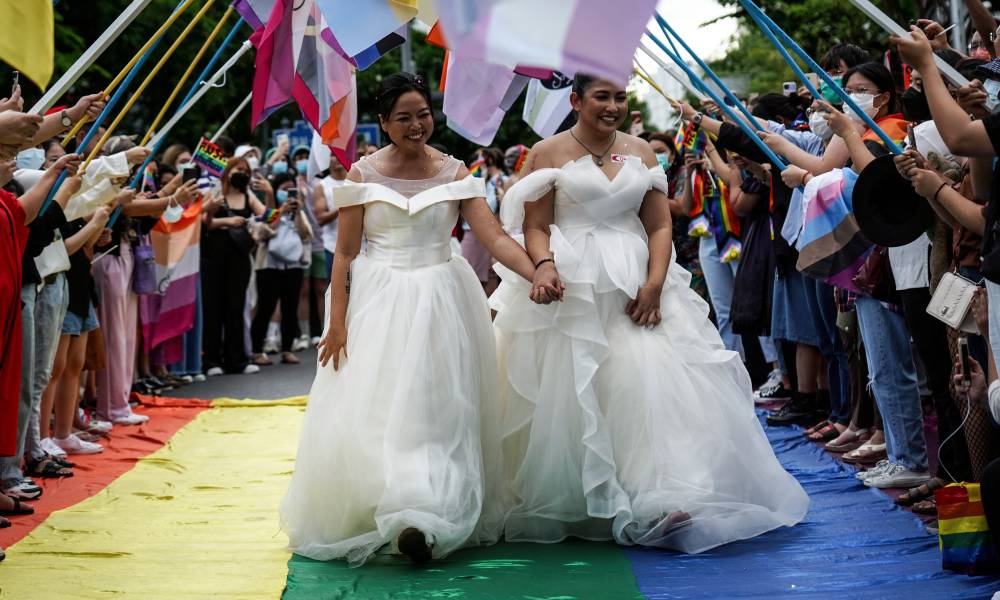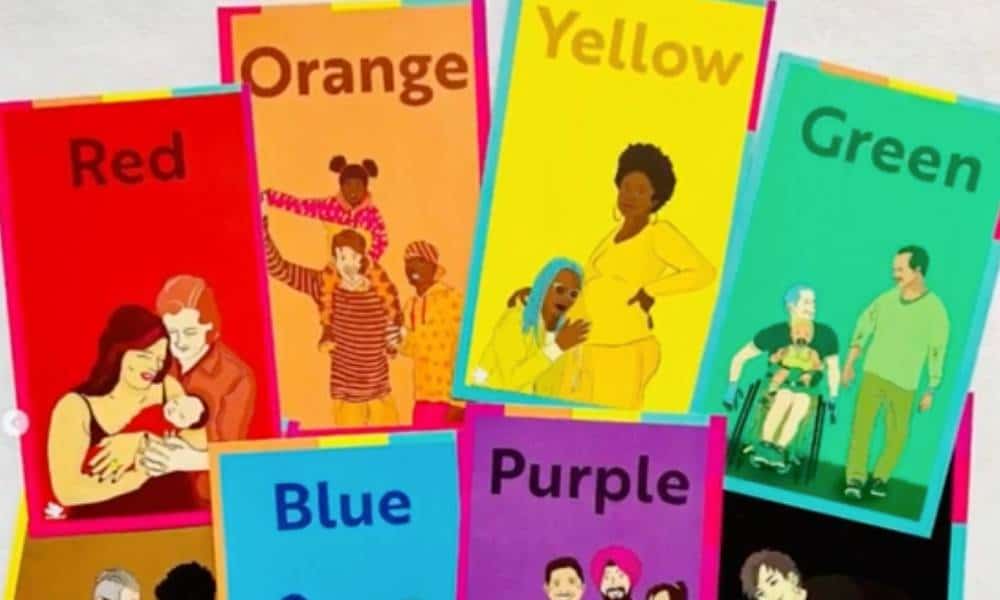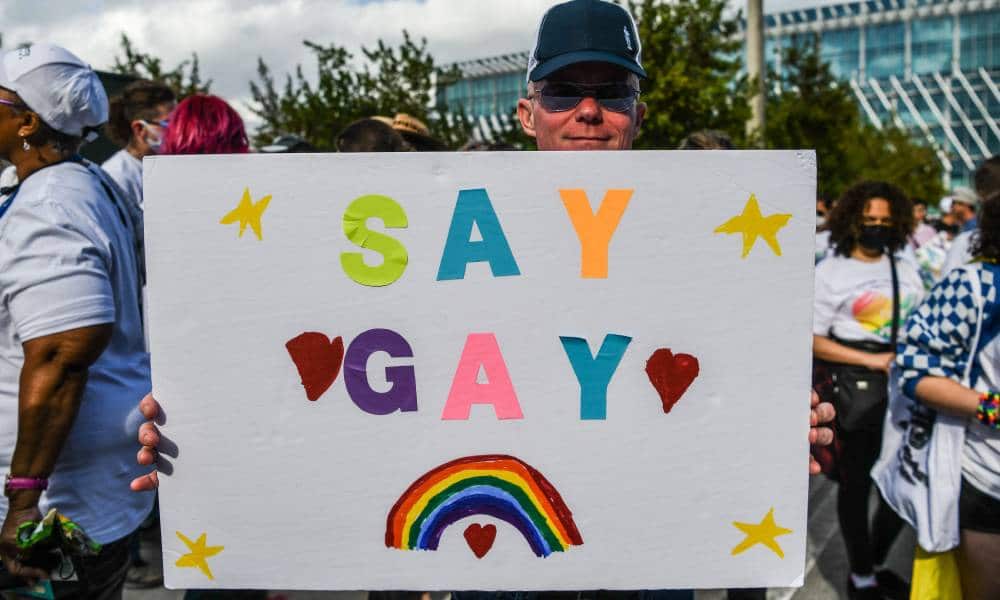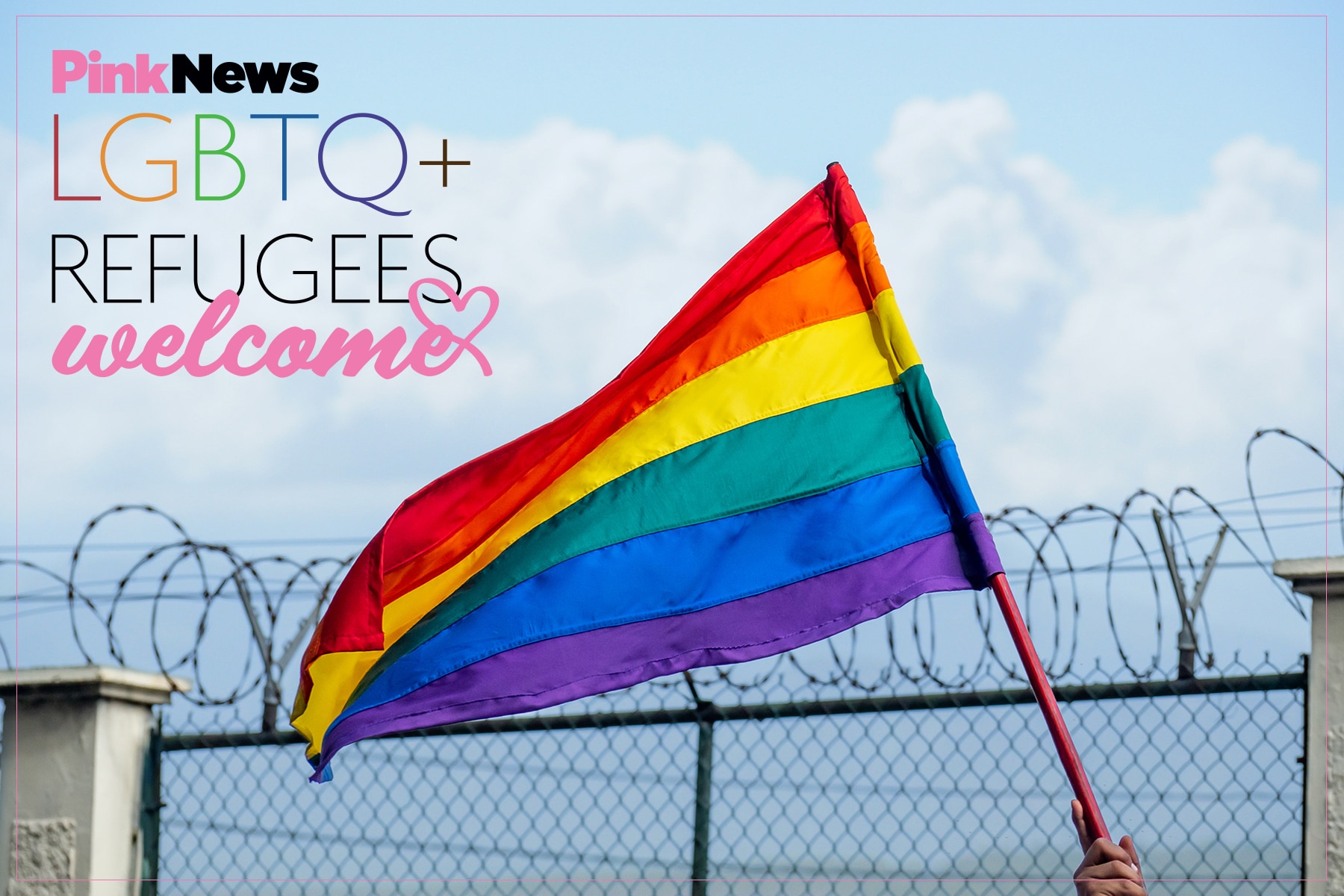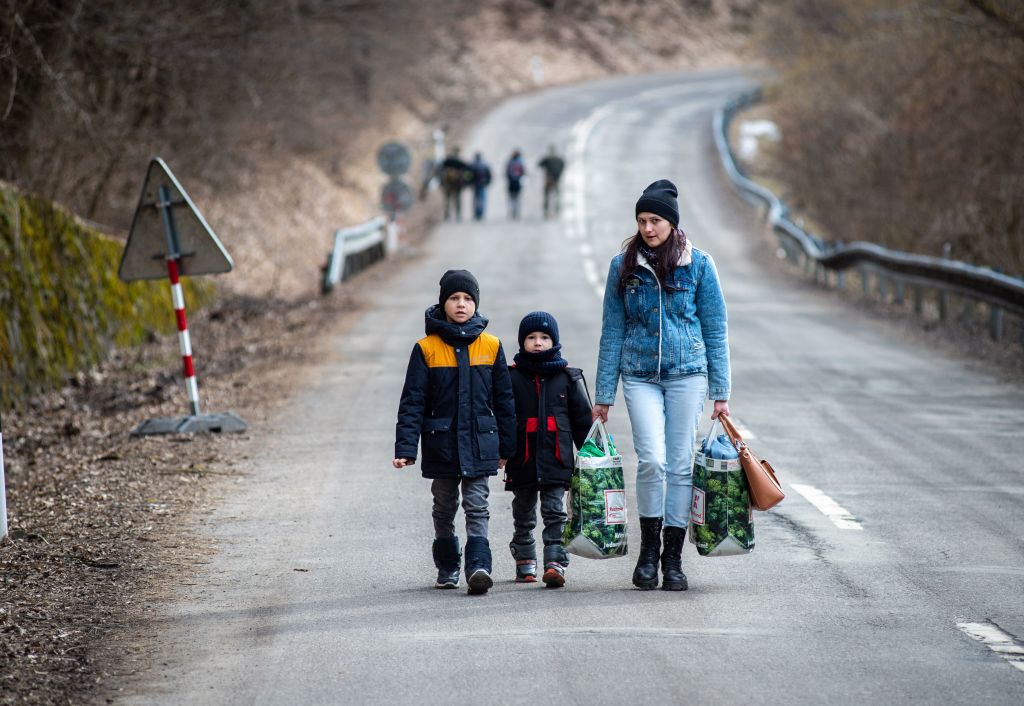Breathtaking first James Webb Space Telescope images reignites row over homophobic ‘purge’ leader
As the James Webb Space Telescope releases its first images, there are renewed calls for NASA to distance itself from the man it’s named for.
The multi-billion-dollar telescope – the most powerful ever to be launched into space – garnered controversy last year after NASA chose to name it after government official James Webb, who is believed to have led a homophobic “purge” in the 50s and 60s.
At the time NASA said it had a “debt of gratitude” toward Webb, who was the second administrator of NASA, for his efforts in leading them through a portion of the Cold War.
However, Webb is also believed to have been one of the driving forces behind Senate discussions that kicked off what’s known in modern terms as the Lavender Scare. He was responsible for implementing policies that effectively “purged” LGBTQ+ people from NASA – policies that had been widespread in other workforces from the 1950s.
Now, with the newly released pictures showcasing the “next Hubble” telescope’s ability to take long-range images of galaxy clusters across space, astronomers have called for its renaming once more.
Assistant professor of physics at the University of New Hampshire, Chanda Prescod-Weinstein, tweeted as the James Webb Space Telescope’s first images, showing distant galaxies 13 billion years ago, were released on Monday (11 July).
“As one of the people who has been leading to push to change the name, today feels bittersweet, I’m so excited for the new images and so angry at NASA HQ,” Prescod-Weinstein said.
https://platform.twitter.com/embed/Tweet.html?creatorScreenName=ameliahansford&dnt=true&embedId=twitter-widget-0&features=eyJ0ZndfdHdlZXRfZWRpdF9iYWNrZW5kIjp7ImJ1Y2tldCI6Im9mZiIsInZlcnNpb24iOm51bGx9LCJ0ZndfcmVmc3JjX3Nlc3Npb24iOnsiYnVja2V0Ijoib2ZmIiwidmVyc2lvbiI6bnVsbH0sInRmd190d2VldF9yZXN1bHRfbWlncmF0aW9uXzEzOTc5Ijp7ImJ1Y2tldCI6InR3ZWV0X3Jlc3VsdCIsInZlcnNpb24iOm51bGx9LCJ0Zndfc2Vuc2l0aXZlX21lZGlhX2ludGVyc3RpdGlhbF8xMzk2MyI6eyJidWNrZXQiOiJpbnRlcnN0aXRpYWwiLCJ2ZXJzaW9uIjpudWxsfSwidGZ3X2V4cGVyaW1lbnRzX2Nvb2tpZV9leHBpcmF0aW9uIjp7ImJ1Y2tldCI6MTIwOTYwMCwidmVyc2lvbiI6bnVsbH0sInRmd19kdXBsaWNhdGVfc2NyaWJlc190b19zZXR0aW5ncyI6eyJidWNrZXQiOiJvZmYiLCJ2ZXJzaW9uIjpudWxsfSwidGZ3X3VzZXJfZm9sbG93X2ludGVudF8xNDQwNiI6eyJidWNrZXQiOiJmb2xsb3ciLCJ2ZXJzaW9uIjpudWxsfSwidGZ3X3R3ZWV0X2VkaXRfZnJvbnRlbmQiOnsiYnVja2V0Ijoib2ZmIiwidmVyc2lvbiI6bnVsbH19&frame=false&hideCard=false&hideThread=false&id=1546550565613711360&lang=en-gb&origin=https%3A%2F%2Fwww.pinknews.co.uk%2F2022%2F07%2F12%2Fjames-webb-space-telescope-images-lgbtq%2F&sessionId=32a984ca75cfe46b5e9feb5960fa3ff3194836b1&siteScreenName=PinkNews&theme=light&widgetsVersion=3235bd17138fa%3A1657578976990&width=500px
“NASA leadership has stubbornly refused to acknowledge that what is now public info about JW’s legacy means he does not merit having a great observatory named after him,” she continued.
NASA administrator Bill Nelson told NPR on 30 September, 2021, that the agency did not plan to rename the telescope, saying that “we have found no evidence at this time that warrants changing the name of the James Webb Space Telescope.”
Astronomers Sarat Tuttle and Lucianne Walkowicz wrote for Scientific American about the debate surrounding the James Webb Space Telescope’s name in March 2021.
In the article, they criticised that NASA’s plan to launch the “incredible instrument” while carrying the name of a man “whose legacy at best is complicated and at worst reflects complicity in homophobic discrimination in the federal government”.
“Many astronomers feel a debt of gratitude for Webb’s work as NASA administrator and are appreciative of and nostalgic for the time during the Apollo program,” they continued. “But while appreciation and nostalgia are important, they are not sufficient.”

A petition for researchers and astronomy enthusiasts urging NASA to rename the telescope was created in the midst of the initial controversy. So far, it has reached over 1,700 signatures, with more expected to sign.
In the petition’s description, it notes several pieces of evidence to suggest that Webb’s past has deemed him unfit for accreditation. The list of evidence included archival evidence indicating Webb’s involvement in Lavendar Scare conversations, as well as a post-scare court case in which former NASA employee Clifford L. Norton sued for “review of his discharge for ‘immortal conduct’ and for possessing personality traits which render him ‘unsuitable for further government employment.’”
The petition continued with: “We, the future users of NASA’s next-generation space telescope and those who will inherit its legacy, demand that this telescope be given a name worthy of its remarkable discoveries, a name that stands for the future in which we are all free.”
